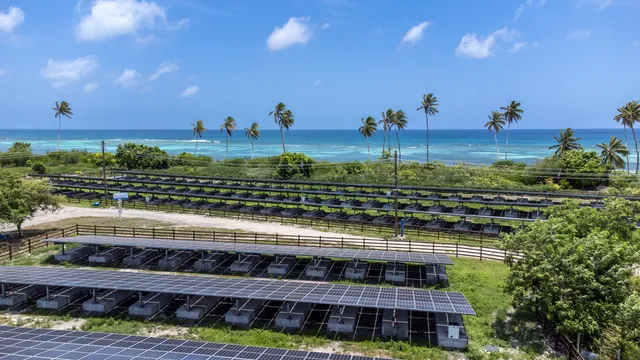
Anne-Laure S
- Research Program Mentor
PhD candidate at Stanford University
Expertise
energy, renewable energy, infrastructure, energy policy, sustainability, GIS, Life cycle assessment ( carbon counting), machine learning, sustainable buildings, 3D printing for construction, risk assessment
Bio
Anne-Laure is a trained engineer with a passion for sustainable energy systems. Her dream is to make renewable energy accessible to all. In her Ph.D. in Civil and Environmental Engineering, she has been focusing on making the electric grid more resilient to disasters. She has years of experience with Geographic Information Systems and has been working with Machine Learning to look at wildfires caused by the electric grid. She also has extensive experience in Life Cycle Analysis. Anne-Laure grew up in a ski resort in France, called Serre-Chevalier ( It's beautiful, you should really check it out). Outside of work, you can usually find Anne-Laure on her mountain bike exploring all the beautiful trails that she can reach. She also loves climbing, hiking, and any outdoor-related activities.Project ideas
Life Cycle and Economic Analysis of 3D printing for construction
In this project, students will become familiar with the latest trends in construction of 3D printing buildings. 3D printed buildings have been hailed as a more sustainable, and practical alternative with endless creative possibilities. The project can then take several paths. If you are interested in the sustainability of the technology, you can work on a Life Cycle Assessment of classical construction techniques vs 3D printed building to analyze in which case it would be more sustainable to consider 3D printing in construction. Another path, you could take would be to look at the economic and practical impact of 3D printing, namely comparing the case in developing countries with western countries
Circular economy of energy systems
What are the challenges in making energy systems circular and minimizing material usage? Are some forms of energy more circular than others? How can you assess the circularity of energy systems? After becoming familiar with the circular economy concepts, you will set out to answer some of the questions above.

